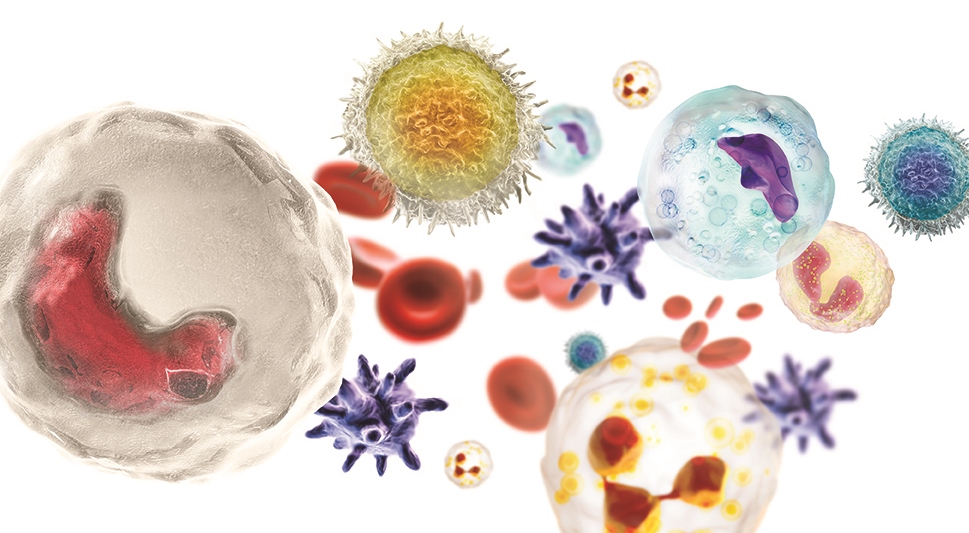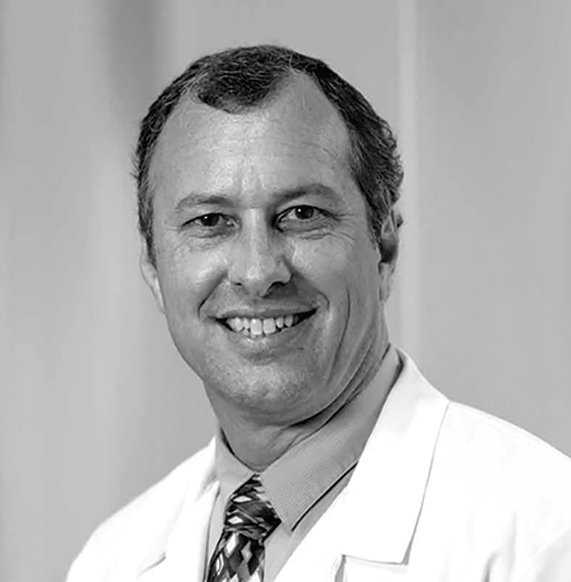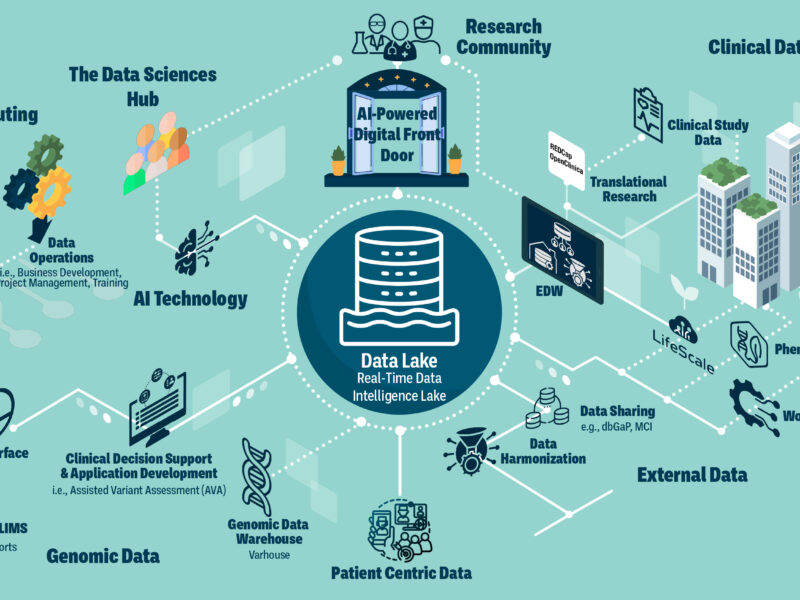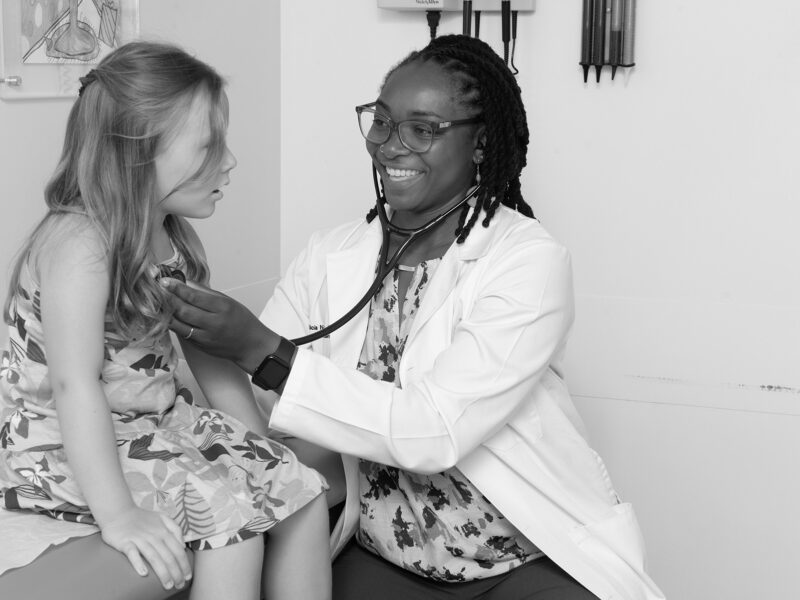From Natural Killer Cells to Virus-Specific T Cells: What’s Next in Cellular Therapy
From Natural Killer Cells to Virus-Specific T Cells: What’s Next in Cellular Therapy https://pediatricsnationwide.org/wp-content/uploads/2015/10/Pediatrics_Nationwide_feature_extra-art.jpg 969 533 Abbie Miller Abbie Miller https://pediatricsnationwide.org/wp-content/uploads/2023/05/051023BT016-Abbie-Crop.jpg- February 03, 2020
- Abbie Miller

Harnessing the power of the immune system to overcome cancer, improve outcomes of bone marrow transplants and fight viral infections in immunocompromised pediatric patients is at the heart of cell therapy research.
Natural Killers in Action
Natural killer (NK) cells are a component of the innate immune system that mediates the death of cancer or virally-infected cells. They do this through a release of cytotoxic molecules. In preclinical studies and early clinical trials, they look like promising additions to the arsenal physicians can use against pediatric and adult cancers.
Now, several open and upcoming clinical trials are poised to help answer critical questions about how NK cells work in pediatric patients.

“The immune system is far more effective against cancer than we give it credit for,” says Dean Lee, MD, PhD, director of the Cellular Therapy and Cancer Immunology Program at Nationwide Children’s Hospital and The Ohio State University Comprehensive Cancer Center – Arthur G. James Cancer Hospital and Richard J. Solove Research Institute.
“Our goal with these trials to is find out how effective NK cells can be in destroying cancer cells- both in achieving remission and in preventing relapse.”
Dr. Lee’s team, in collaboration with the Neuroblastoma and Embryonal Turmors team in the Division of Hematology, Oncology and Blood and Marrow Transplant (BMT), has two open protocols to investigate the use of NK cells in children with neuroblastoma – the most common cancer type in infants and the most common solid tumor in children.
Dunituximab, a monoclonal antibody against GD2, is an FDA-approved treatment against neuroblastoma, but it works best when in the presence of NK cells. However, in these patients, the NK cells are low in both number and function.
“We hope to find that giving infusions of large numbers of the patient’s own activated NK cells makes dinutuximab more effective,” explains Dr. Lee.
The first protocol uses only GD2 and NK cells, and is a national trial through the New Approaches for Neuroblastoma Therapy (NANT) consortium. The second protocol also adds chemotherapy.
Another trial, which is expected to open by the end of 2020, will be part of the Pediatric Blood & Marrow Transplant Consortium (PBMTC), according to Dr. Lee, who is also a professor of Pediatrics at Ohio State. This study will see if adding large numbers of activated donor NK cells can improve outcomes for haploidentical stem cell transplants in acute myeloid leukemia- AML.
“The adult version of the study showed significant improvements in relapse and survival, so we’re excited to see if pediatric patients will also see that benefit,” he says.
Creating a Bank of Donor NK Cells
When it comes to using donor NK cells, researchers have a major hurdle to cross. Finding donors, testing them, and getting cells donated, processed and ready to give to patients can take more time than very ill cancer patients may have.
That’s why Dr. Lee and his team are working with Be The Match Biotherapies to develop a bank of third-party NK cells.
Like the discovery of the universal blood donor (type O negative) revolutionized blood transfusions, the discovery of a “universal” or “ideal” NK cell donor would enable the creation of a bank of NK cells that could be ordered and delivered quickly to patients who need them.
“We’re excited to be part of the work to develop this third-party bank,” says Dr. Lee. “As leaders of the first-of-its-kind clinical trial for an off-the-shelf NK product, we’re thrilled to be driving the field forward.”
A New Method for Fighting Viral Infections
Beyond direct cancer therapeutic applications of cellular therapy, researchers are also investigating how cellular therapy can help support patients undergoing traditional cancer treatments – and how it can help patients who don’t have cancer at all.
“When working in cellular therapy, almost everything we do at some point involves a patient with a compromised immune system – they just had a bone marrow transplant, they just had an organ transplant, they have primary immunodeficiency, or any number of situations,” says Dr. Lee.
“These patients get viral infections, and we don’t have many good treatments for those.”
Depending on the type of viral infection, physicians may only have a choice between one or two therapeutic options. It’s not always clear which treatment will work or if the patient will be at risk for significant side effects – including kidney damage.
But by taking advantage of the body’s natural virus fighting machine – the T cell – researchers in the Cellular Therapy and Cancer Immunology Program suggest a new way to treat viral illnesses in immunocompromised patients.
“Using virus-specific T cells (VSTs) from a parent or sibling, we can give those to the patient and enable them to fight the viral infection – effectively and with a very low risk of side effects,” says Dr. Lee.
Currently, the team has open and enrolling clinical trials for VSTs for adenovirus (ADV), cytomegalovirus (CMV) and Epstein-Barr virus (EBV). These trials are investigating the use of VSTs after stem cell transplantation.
Last year the team received approval from the Food and Drug Administration an emergency investigational drug application (eIND) approved by the Food and Drug Administration to give ADV-VSTs to a critically ill newborn.
“As a result of the success of that case, we’ve worked with the FDA to establish a clinical trial protocol to expand the investigation of the safety and efficacy of adenovirus VSTs in critically ill children,” says Dr. Lee. “This work is particularly exciting because we have an opportunity to help an even larger number of children than just those with cancer.”
Image credits: Nationwide Children’s
About the author
Abbie (Roth) Miller, MWC, is a passionate communicator of science. As the manager, medical and science content, at Nationwide Children’s Hospital, she shares stories about innovative research and discovery with audiences ranging from parents to preeminent researchers and leaders. Before coming to Nationwide Children’s, Abbie used her communication skills to engage audiences with a wide variety of science topics. She is a Medical Writer Certified®, credentialed by the American Medical Writers Association.
-
Abbie Millerhttps://pediatricsnationwide.org/author/abbie-miller/
-
Abbie Millerhttps://pediatricsnationwide.org/author/abbie-miller/
-
Abbie Millerhttps://pediatricsnationwide.org/author/abbie-miller/
-
Abbie Millerhttps://pediatricsnationwide.org/author/abbie-miller/
- Posted In:
- Features







